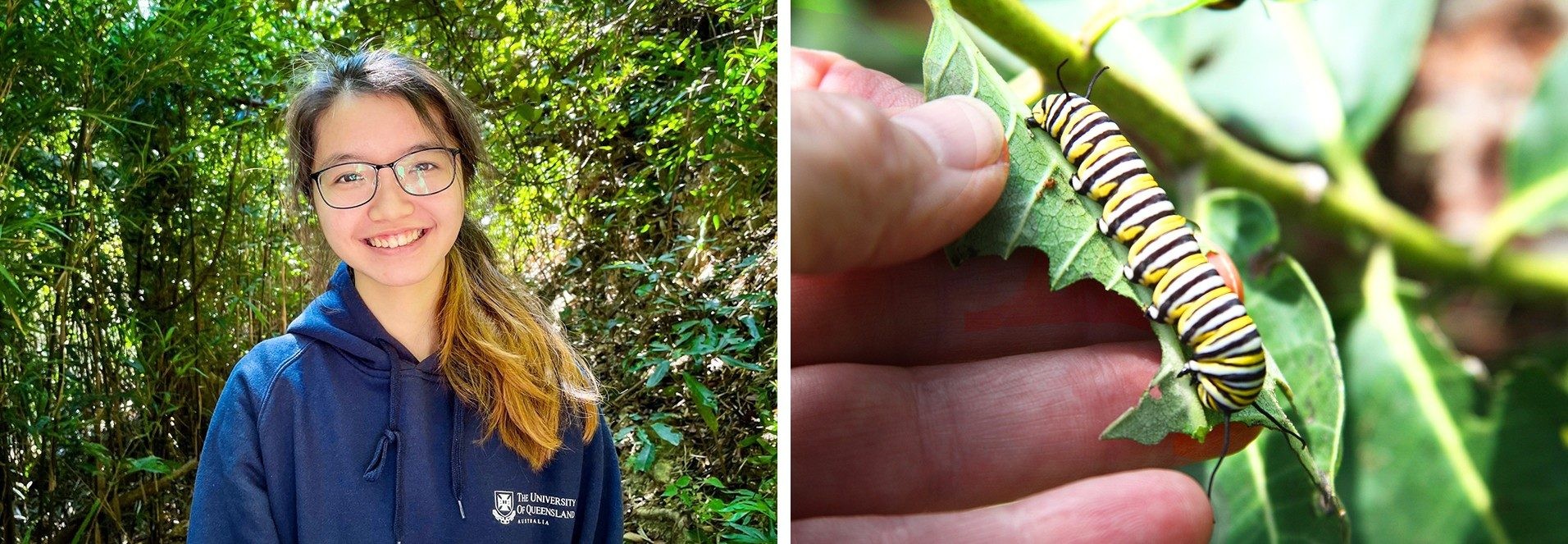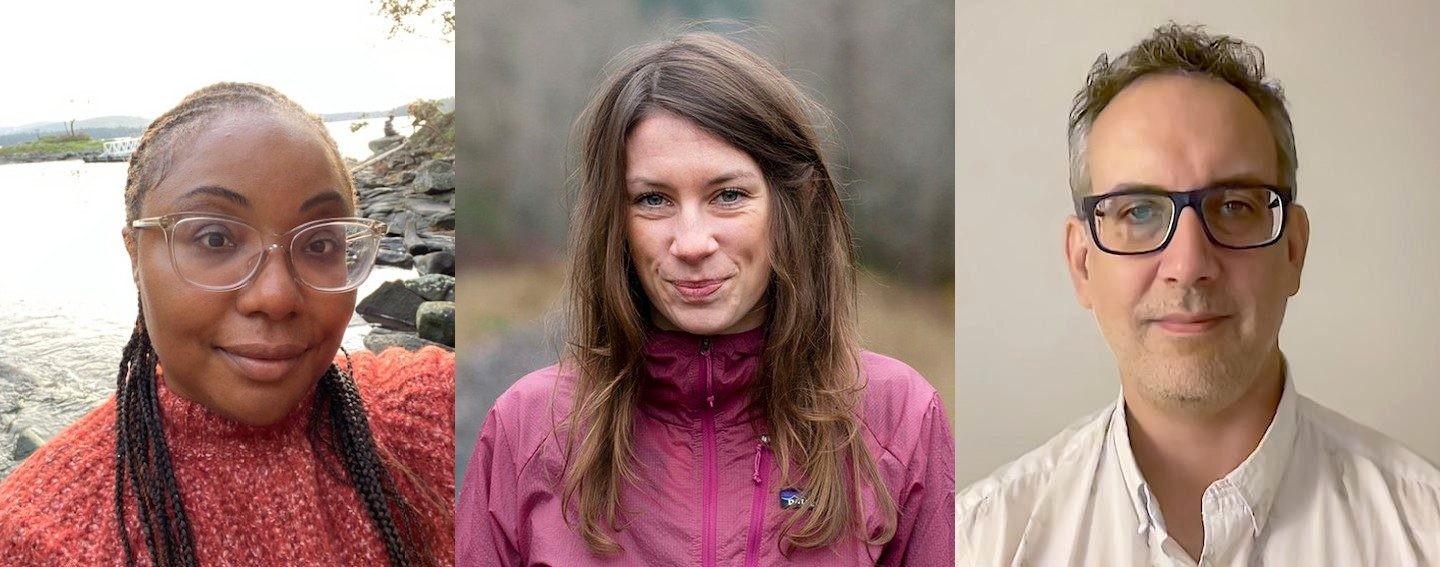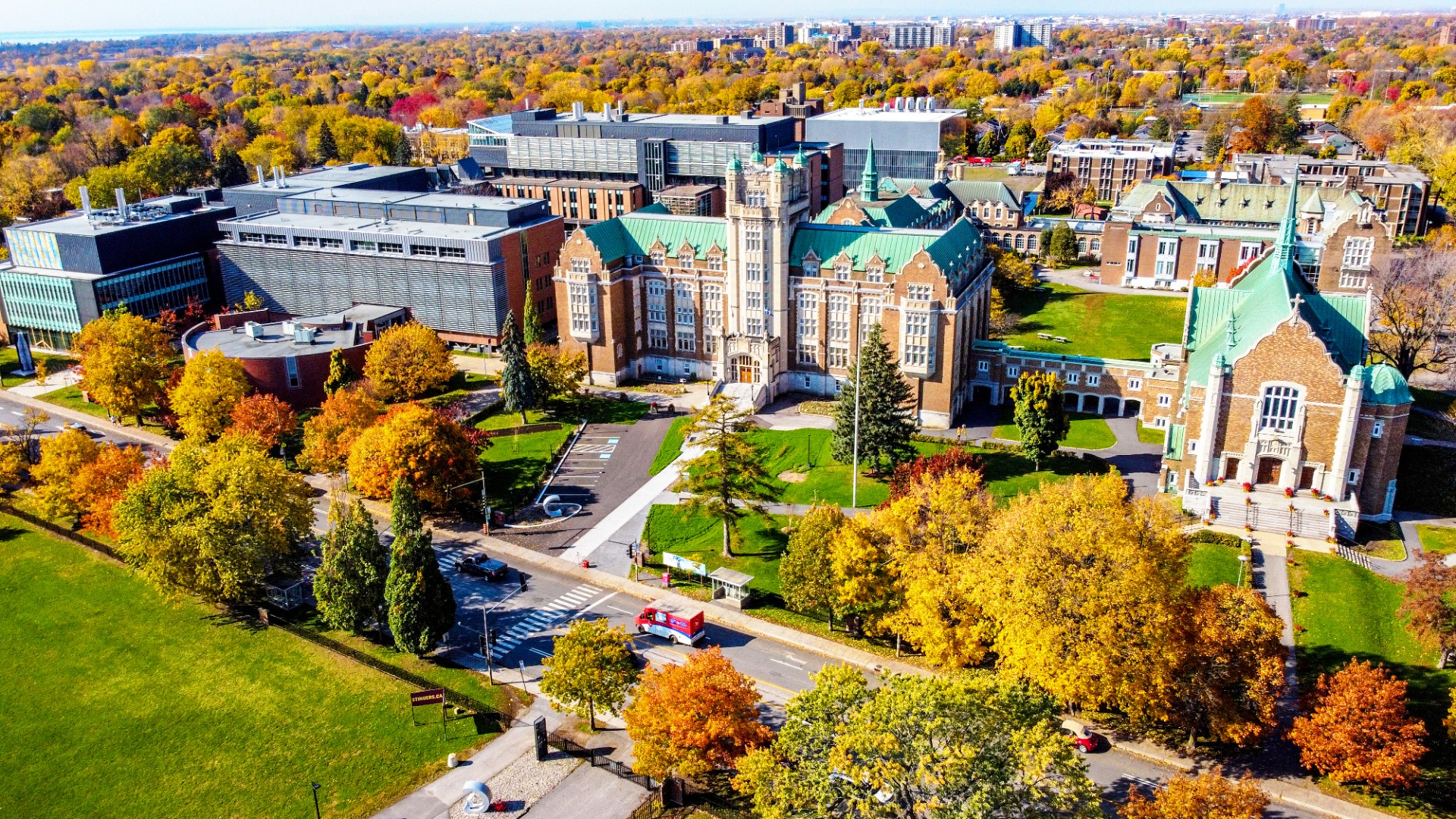Next-Gen sustainability
Towards a greener future
Highlights
Volt-Age co-organizes Conference on Advanced Lithium Batteries for Automobile Applications
The 15th International Conference on Advanced Lithium Batteries for Automobile Applications (ABAA) — co-organized by Concordia’s Volt-Age electrification research program in October 2024 — hosted top policymakers from across the United States, China, Europe, Japan and Korea.
The conference included talks by Nobel laureates Steven Chu and Stanley Whittingham, as well as François-Philippe Champagne, Canada’s Minister of Innovation, Science and Industry.
Discussions focused on lithium battery technology, including breakthroughs in battery design, efficiency and sustainability, particularly for electric vehicles (EV). The goal was to bridge knowledge gaps between industry and academia related to EV batteries and their practical applications.
PhD student turns Montreal balconies into biodiversity hotspots
Nicole Yu, a biology PhD student who researches urban biodiversity, is encouraging residents to create green spaces that attract pollinators like monarch butterflies. The Balcony Garden Project, led by Yu in collaboration with Associate Professor Carly Ziter, aims to merge urban living with biodiversity conservation. The project is focused on a pilot study to gauge the capacity of urban balcony gardens to support the organisms.
 Nicole Yu, PhD student in the Department of Biology
Nicole Yu, PhD student in the Department of Biology
Algae offer real potential as a renewable electricity source
Researchers at Concordia’s Optical-Bio Microsystems Lab have developed a micro photosynthetic power cell that can harness electricity from algae during photosynthesis.
The process can additionally absorb carbon dioxide, making it a negative carbon-emission technology. Configured correctly, the cells can provide a sustainable energy source for low- to ultra-low power devices such as Internet of Things sensors.

Climate change podcast earns a Trebek Initiative Grant
A collaboration between journalist Amy Romers and assistant professors Nicola Smith and Florian Grond has earned a Trebek Initiative Grant to produce the podcast Beyond Ecological Grief.
The project will combine scientific expertise with personal narratives to explore the emotional responses to climate change, aiming to provide listeners with a space for collective grieving and empowerment to foster a more hopeful future. The Trebek Initiative, a partnership between the Royal Canadian Geographical Society and National Geographic, supports initiatives focused on preserving Canadian and Indigenous land, wildlife, water, culture and history.
 From left to right: Nicola Smith, Amy Romers and Florian Grond
From left to right: Nicola Smith, Amy Romers and Florian Grond
New trees on Loyola Campus enhance urban green spaces
More than 1,400 trees were planted on Loyola Campus as part of a partnership with Soverdi, a Montreal-based non-profit organization focused on urban green spaces. Supported by more than $500,000 in materials and services, the project aims to enhance campus biodiversity, advances the university’s sustainability goals and creates new spaces for students to study and relax.

Concordia leads new Climate Data Hub for Greater Montreal
Concordia has spearheaded the Climate Data Hub for Greater Montreal, an initiative aiming to centralize emissions-related data from various stakeholders, including government offices, private companies and academic researchers. The hub will help to enhance data-driven decision-making and transparency in tracking greenhouse gas emissions across the region.
Led by Jean-Noé Landry, former Obama Scholar and executive director of Open North, the hub is part of Concordia’s Next-Generation Cities Institute under its UNIVER/CITY 2030 initiative. Key partners include the City of Montreal, Hydro-Québec and Énergir.
Concordia helps fuel innovation at Quebec’s Espace Aéro
The Government of Quebec has announced the launch of Espace Aéro, a new aerospace innovation zone with hubs in Montreal (Saint-Laurent borough), Mirabel and Longueuil. The Collaborative Innovation Centre in Aerospace and Mobility, set to open in 2027, will be the Montreal hub’s flagship project with a $224,000 investment from the province. Concordia will contribute its expertise in engineering and sustainable development through advanced research, industry collaborations and specialized educational programs.

